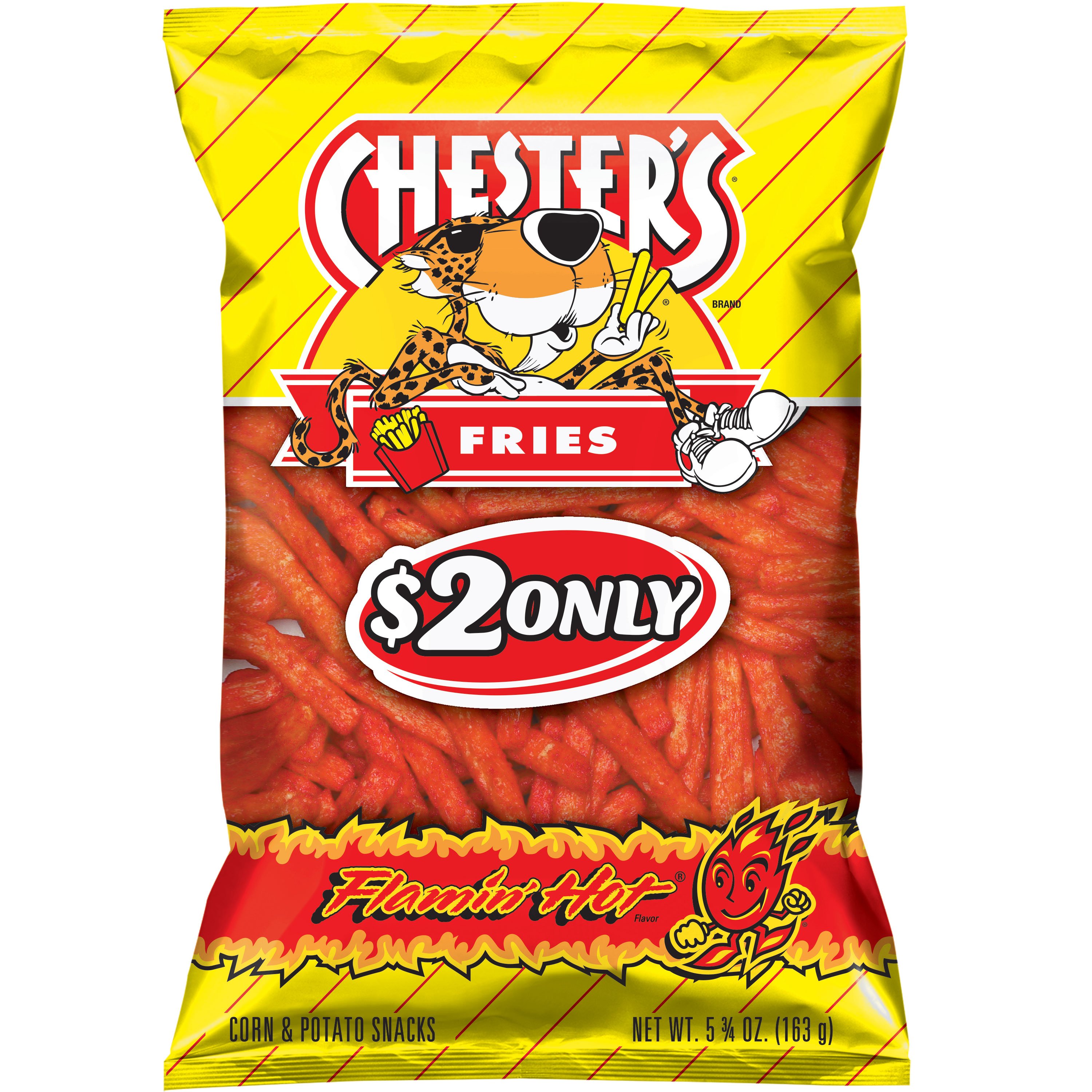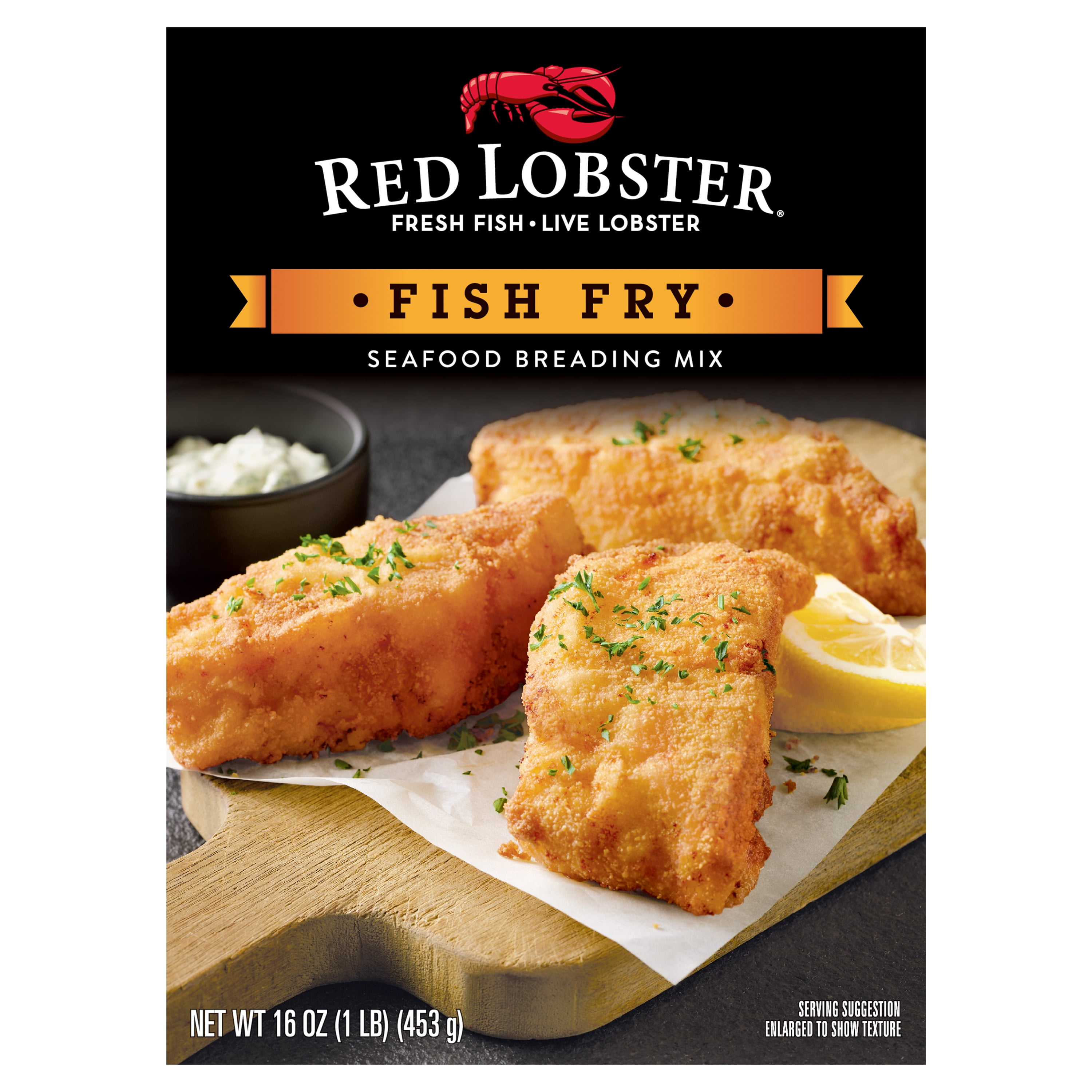Fry.99: The Ultimate Guide To Mastering The Art Of Perfect Fries
Who doesn’t love a perfectly golden, crispy fry? If you’re here, chances are you’re obsessed with fry.99—or at least curious about what makes these little sticks of joy so irresistible. Whether you’re frying at home or running a food business, understanding fry.99 techniques is like unlocking a treasure chest of flavor. So buckle up, because we’re diving deep into the world of fries, and by the end of this, you’ll be a certified fry wizard!
Now, fry.99 might sound like some top-secret culinary code, but it’s all about the process, the science, and the love that goes into making every single fry a masterpiece. We’re not just talking about dumping potatoes in oil here; we’re talking about precision, temperature control, and a whole lot of patience. Let’s face it, nobody wants soggy fries, right?
So, why are we obsessed with fries? Well, it’s simple—they’re comfort food, party starters, and the perfect sidekick to literally anything. From burgers to sandwiches, fries have got your back. And with fry.99, you’re stepping up your game. It’s not just about frying anymore; it’s about creating an experience that will leave your taste buds screaming for more.
- Boqorka Wasmada Telegram The Ultimate Guide To Exploring The Community
- Brian Chesky Wife The Untold Story Of Love And Success
What Exactly is Fry.99?
Fry.99 refers to the art and science of perfecting French fries. It’s not just a random number; it’s a method, a philosophy, and a commitment to quality. The “99” part? Think of it as the ultimate level of fry perfection—a crispy exterior with a soft, fluffy interior that melts in your mouth.
The History Behind the Perfect Fry
Believe it or not, fries have been around for centuries. They were first popularized in Belgium, where freezing rivers forced locals to get creative with their food. Enter: fried potatoes. Over time, the technique evolved, and today, fry.99 represents the pinnacle of this evolution. Here’s a quick timeline:
- 17th Century: Belgian fishermen start frying thin slices of potatoes.
- 19th Century: French fries make their way to the U.S. thanks to Thomas Jefferson.
- 20th Century: Fast-food chains popularize fries worldwide.
- Today: Fry.99 becomes the gold standard for fry enthusiasts.
Why Fry.99 Matters in Modern Cooking
In today’s fast-paced world, food trends come and go, but fries have stood the test of time. Fry.99 matters because it’s about elevating a classic dish to new heights. It’s about understanding the science behind frying, from starch conversion to oil temperature, and applying that knowledge to create fries that are consistently amazing.
- Why Movierulz In Kannada Is A Mustvisit For Film Enthusiasts
- 5movierulz The Ultimate Guide To Streaming Movies Safely
Key Benefits of Mastering Fry.99
Whether you’re cooking for yourself or running a restaurant, mastering fry.99 offers several benefits:
- Improved taste and texture.
- Increased customer satisfaction (if you’re in the food biz).
- Reduced food waste through better frying techniques.
- Enhanced reputation as a culinary expert.
The Science Behind Fry.99
Let’s talk science for a sec. When you fry potatoes, a lot of chemical reactions happen. Starches break down, moisture evaporates, and Maillard reactions occur, creating that golden-brown color and irresistible aroma. Fry.99 taps into these processes to ensure every fry is perfect.
Factors That Affect Fry Quality
Several factors influence the quality of your fries:
- Potato variety: Russets are a popular choice due to their high starch content.
- Oil type: Peanut, canola, and vegetable oils are commonly used for frying.
- Temperature: Maintaining the right oil temperature is crucial for crispiness.
- Time: Overfrying leads to burnt fries, while underfrying results in soggy ones.
How to Achieve Fry.99 Perfection
Alright, let’s get practical. Here’s a step-by-step guide to achieving fry.99 perfection:
Selecting the Right Potatoes
Not all potatoes are created equal. For fry.99, you’ll want high-starch varieties like Russet or Idaho potatoes. These potatoes have less moisture, which means they fry up crispier.
Preparing the Potatoes
Once you’ve got your potatoes, it’s time to prep:
- Peel the potatoes and cut them into even sticks.
- Soak the cut potatoes in cold water for at least 30 minutes to remove excess starch.
- Pat them dry with a clean towel before frying.
The Double-Fry Method
This is where the magic happens. The double-fry method involves two frying stages:
- First fry: Fry the potatoes at a lower temperature (around 325°F) until they’re cooked through but not browned.
- Second fry: Increase the oil temperature to 375°F and fry the potatoes until they’re golden and crispy.
Troubleshooting Common Fry Issues
Even the best fry chefs encounter issues sometimes. Here’s how to troubleshoot common problems:
Problem: Soggy Fries
Solution: Make sure your oil is hot enough, and don’t overcrowd the fryer. Also, consider using a paper towel to absorb excess oil after frying.
Problem: Burnt Fries
Solution: Keep an eye on the oil temperature and fry in small batches to prevent overheating.
Tools and Equipment for Fry.99 Success
Having the right tools makes all the difference. Here’s what you’ll need:
- A deep fryer or a large, heavy-bottomed pot.
- A thermometer to monitor oil temperature.
- A slotted spoon or fry basket for easy handling.
- High-quality cooking oil.
Healthier Fry Alternatives
If you’re looking to reduce the fat content of your fries, there are healthier alternatives:
Air Fryer Fries
Air fryers use hot air to cook food, resulting in crispy fries with significantly less oil. Plus, they’re super easy to use!
Baked Fries
Baking fries in the oven is another low-fat option. Toss the potatoes in a little oil, sprinkle with seasoning, and bake until golden brown.
Expert Tips for Fry.99 Enthusiasts
Here are some expert tips to take your fry game to the next level:
- Experiment with different seasonings, like garlic powder or paprika, for added flavor.
- Try using sweet potatoes for a sweeter, healthier fry option.
- Don’t be afraid to get creative with dipping sauces!
Conclusion: Your Journey to Fry.99 Mastery
And there you have it—everything you need to know about fry.99. From selecting the right potatoes to troubleshooting common issues, mastering the art of frying takes practice, patience, and a whole lot of love. So what are you waiting for? Grab your apron, fire up the fryer, and start creating fries that will leave everyone wanting more.
Don’t forget to share your fry.99 creations with us in the comments below. And if you loved this article, be sure to check out our other food guides for more culinary inspiration!
References
For more information on fry.99 and related topics, check out these trusted sources:
- Food Science: The Chemistry of Cooking by Martin Lersch.
- The Science of Fry Perfection by Serious Eats.
- Fry Techniques for Beginners by Allrecipes.
Table of Contents
- What Exactly is Fry.99?
- The History Behind the Perfect Fry
- Why Fry.99 Matters in Modern Cooking
- The Science Behind Fry.99
- How to Achieve Fry.99 Perfection
- Troubleshooting Common Fry Issues
- Tools and Equipment for Fry.99 Success
- Healthier Fry Alternatives
- Expert Tips for Fry.99 Enthusiasts
- Conclusion: Your Journey to Fry.99 Mastery
- Vegamovies Punjabi Movie Your Ultimate Guide To Streaming And Enjoying The Best Films
- Cassie Ventura Herpes The Facts Myths And Everything You Need To Know

Chester's Flamin' Hot Fries Shop Chips at HEB

Red Lobster Fish Fry, Seafood Breading Mix, 16 oz Box

Fry Day Fun Design Free Stock Photo Public Domain Pictures